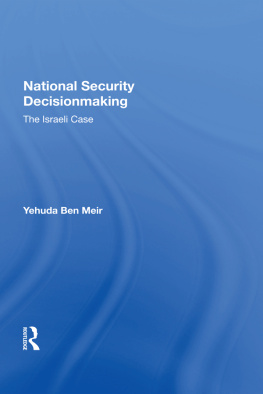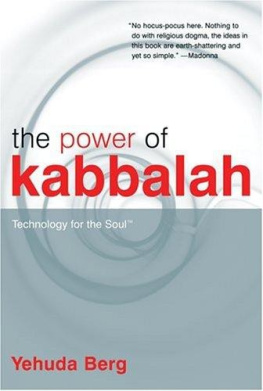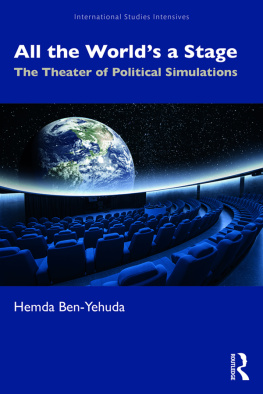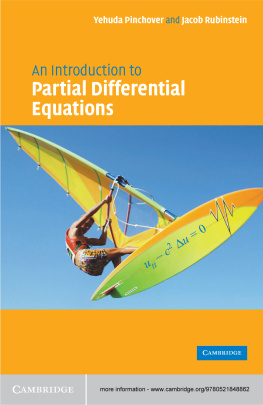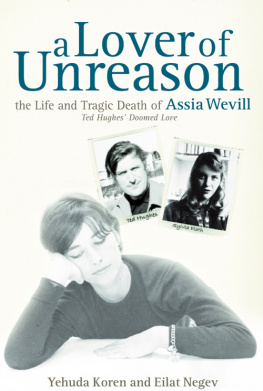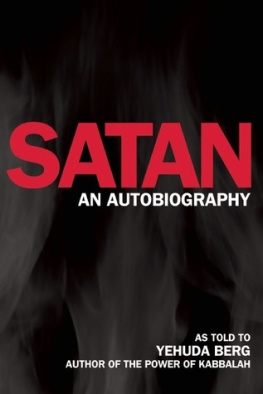Yehuda Amichai - The Poetry of Yehuda Amichai
Here you can read online Yehuda Amichai - The Poetry of Yehuda Amichai full text of the book (entire story) in english for free. Download pdf and epub, get meaning, cover and reviews about this ebook. year: 0, publisher: Farrar, Straus and Giroux, genre: Romance novel. Description of the work, (preface) as well as reviews are available. Best literature library LitArk.com created for fans of good reading and offers a wide selection of genres:
Romance novel
Science fiction
Adventure
Detective
Science
History
Home and family
Prose
Art
Politics
Computer
Non-fiction
Religion
Business
Children
Humor
Choose a favorite category and find really read worthwhile books. Enjoy immersion in the world of imagination, feel the emotions of the characters or learn something new for yourself, make an fascinating discovery.

- Book:The Poetry of Yehuda Amichai
- Author:
- Publisher:Farrar, Straus and Giroux
- Genre:
- Year:0
- Rating:3 / 5
- Favourites:Add to favourites
- Your mark:
- 60
- 1
- 2
- 3
- 4
- 5
The Poetry of Yehuda Amichai: summary, description and annotation
We offer to read an annotation, description, summary or preface (depends on what the author of the book "The Poetry of Yehuda Amichai" wrote himself). If you haven't found the necessary information about the book — write in the comments, we will try to find it.
The Poetry of Yehuda Amichai — read online for free the complete book (whole text) full work
Below is the text of the book, divided by pages. System saving the place of the last page read, allows you to conveniently read the book "The Poetry of Yehuda Amichai" online for free, without having to search again every time where you left off. Put a bookmark, and you can go to the page where you finished reading at any time.
Font size:
Interval:
Bookmark:
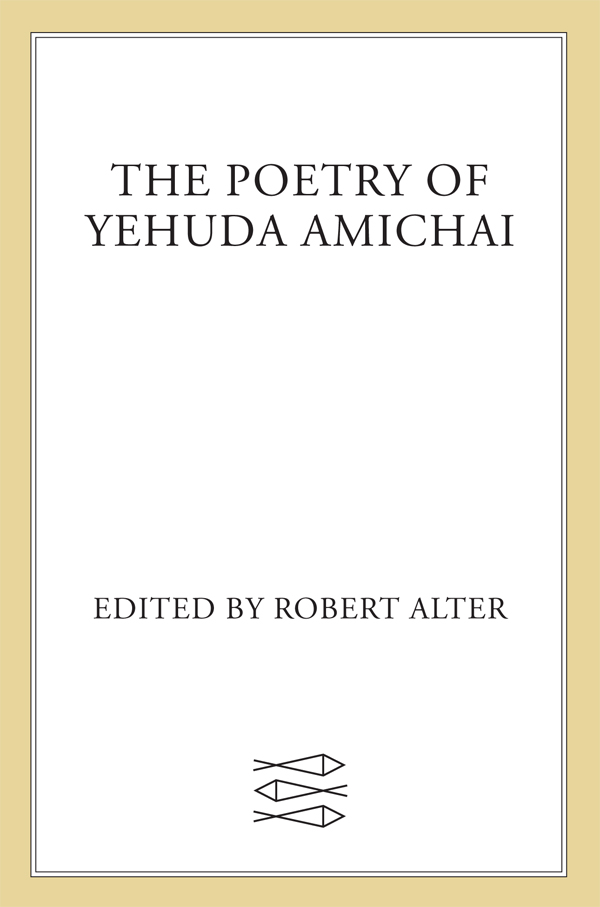
 The author and publisher have provided this e-book to you for your personal use only. You may not make this e-book publicly available in any way. Copyright infringement is against the law. If you believe the copy of this e-book you are reading infringes on the authors copyright, please notify the publisher at: us.macmillanusa.com/piracy. FOR HANA The poetry of Yehuda Amichai (19242000), who with the passage of time seems more and more one of the great poets of the twentieth century, is deceptively accessible in translation. He was part of a group of young Israeli poets in the early 1950s who effected a vernacular revolution in Hebrew verse, rejecting the high literary language and the rhetorical thrust of the previous generation of Hebrew poets and finding ways to make poetry out of the plain words of everyday speech.
The author and publisher have provided this e-book to you for your personal use only. You may not make this e-book publicly available in any way. Copyright infringement is against the law. If you believe the copy of this e-book you are reading infringes on the authors copyright, please notify the publisher at: us.macmillanusa.com/piracy. FOR HANA The poetry of Yehuda Amichai (19242000), who with the passage of time seems more and more one of the great poets of the twentieth century, is deceptively accessible in translation. He was part of a group of young Israeli poets in the early 1950s who effected a vernacular revolution in Hebrew verse, rejecting the high literary language and the rhetorical thrust of the previous generation of Hebrew poets and finding ways to make poetry out of the plain words of everyday speech. His first volume of poetry, Now and in Other Days (1955), was widely recognized after it appeared as the turning point in the vernacular revolution. This effort to use the plain language and images of ordinary experience is clearly visible in a good deal of what Amichai wrote. It has a lot to do with the enormous popularity his work has enjoyed in Israel from the late 1950s to the present. It is also what makes at least some of his poems seem perfectly transparent in English, almost as if nothing were lost in translation. But his language is scarcely as vernacular, and not at all as simple, as it is often imagined to be. Amichai arrived in Palestine from Germany with his parents at the age of twelve, in 1936.
In addition to his German mother tongue, he knew enough Hebrew when he came to get along immediately, for from the age of three he had gone to a bilingual school in his native Wurzburg, following a curriculum that included religious instruction (his parents were Orthodox). He naturally retained some attachment to his mother tongue, though English modernist verse appears to have been a more decisive influence on him than German poetry, however much he admired Rilke and, later, Celan. German renderings of a few of his Hebrew poems have been found in the Amichai archive at Yale, but the extravagant claim of one recent critic that much of his poetry is essentially a recasting of German originals is quite groundless. Amichai was manifestly enamored of the Hebrew languagenot only its sounds and its rich historical associations but even its grammatical structuresand his poetry plays vigorously and inventively with the formal properties and the cultural backgrounds of its Hebrew medium in ways that cannot easily cross the barrier of translation. One extreme and therefore instructive example is an early poem, never translated (for good reason), called The Sonnet of the Conjugations. It is one of the finest Ages of Man poems of the previous century, but it chooses to trace the movement from infancy to the last sad decrepitude by following the sequence of the seven conjugations of Hebrew verbs as they are taught in school, from qal , simple, to hitpael , reflexive.
Uncannily, the paradigms of Hebrew grammar are transformed into a haunting expression of the human condition, a tour de force that cannot be conveyed in English. Amichai obviously relished the directness of the only recently revived spoken Hebrew that he quickly mastered in the pressure cooker circumstances of his adolescent immigration. Yet, unlike most Hebrew poets of his generation, he also never let go of the language of the Bible, the prayer book, and other traditional sources to which he was extensively exposed both in his German childhood and at a religious school in his teens in Jerusalem. Amichais relation to his Orthodox upbringing and to the new Israeli reality in which he flourished makes him in some ways atypical of the Hebrew poets of his generation. He never underwent a crisis of faith, he once told me; he merely became bored with the world of observancethe constant repetitions in the liturgy, the endless round of rituals and ceremonies. But even as, by the time he left high school, he became what one would have to call a secular Jew, he never entirely jettisoned the baggage of Jewish tradition.
In his poems, he sometimes regarded it as comical, sometimes with fondness, and his last volume of verse exhibits some nostalgia about the pious milieu in which he grew up. He surely no longer believed in the God of Jewish tradition, yet God is not absent from his work, persisting as an idea to grapple with, a being to challenge or turn inside out, even occasionally as a kind of lingering ghostly presence. The local reality that Amichai entered was more military than he would have liked. At the age of eighteen he enlisted in the British army and was stationed for a while in Egypt. In the Israeli War of Independence of 194849, he saw frontline action (as he would again in 1956) in the Negev, and though it would be wrong to say that he suffered from posttraumatic stress, the experience certainly haunted him for the rest of his life. In several of his poems he remembers in particular carrying the bleeding body of a friend who did not survive; and in his poetry the mayhem of the battlefield is sometimes turned into an image of what modern life is all about.
Once, in the 1970s, at a reading in Berkeley, a belligerent questioner wanted to know whether he had seen God on the battlefield. No, he answered quietly, he had seen only men dying, and it was the job of the poet to name these harsh realties plainly, not to envelop them in pseudotheological rhetoric in the way of the politicians and the generals. One might say that war and love were the two poles of his life. If he was scarred by war (I go out to all my wars, he wrote in an early poem), he also exhibited a kind of alacrity for falling in love. The first signal instance was in high school, when he was actually prepared to marry his teenage girlfrienda step predictably vetoed by his parents and hers. He had other deeply felt romantic involvements afterward; and unlike most people, he continued to brood over them many years after they ended, sometimes writing poems about the pain of the breakup decades later.
He married Tamar Horn in 1950 and had a son with her, Roni. In the mid-1960s he met Hana Sokolov, who would be the great love of his life, and with whom he had two children, David and Emanuella. He attended first a teachers seminary and then the Hebrew University of Jerusalem, where he studied Bible and Hebrew literature. For two years he was a schoolteacher, and he subsequently earned his living at a teachers seminary and then in a program for college students from abroad. By the 1970s he had a firmly established international reputation, with his work translated into many languages, and his books in Hebrew were the Israeli equivalent of bestsellers, so after a time he began to realize a degree of appreciable income from his writing. Though he became a celebrated public figure in Israel, he studiously avoided assuming any public role as the poet, mocking those who did, and he always claimed that real poets should be simple foot soldiers, not preening generals.
One of the piquant aspects of his poetry is that a writer who was so immersed in the gritty actualities of constant warfare and in the sensual and emotional experience of love should have drawn so inventively from the language of Hebrew tradition to express these realities. Such traditional elements show up in surprising places. Some will be recognizable to the biblically literate English reader and others will not. In the former category, We Did It, a poem about rapturous lovemaking and the worlds indifference to it, invokes the six-winged seraphim of Isaiahs vision in the temple as well as Ezekiels divine chariot as images of the two lovers exuberant gyrations. More recondite is the beginning of Bitter and Brusque, a poem about the breakup of a love affair (one of Amichais great subjects), which is a citation of a phrase from the prophet Habakkuk. I have identified this as a citation rather than as an allusion because the phrase has become a kind of idiomatic expression for disaster in literary Hebrew, often invoked in connection with untimely death.
Font size:
Interval:
Bookmark:
Similar books «The Poetry of Yehuda Amichai»
Look at similar books to The Poetry of Yehuda Amichai. We have selected literature similar in name and meaning in the hope of providing readers with more options to find new, interesting, not yet read works.
Discussion, reviews of the book The Poetry of Yehuda Amichai and just readers' own opinions. Leave your comments, write what you think about the work, its meaning or the main characters. Specify what exactly you liked and what you didn't like, and why you think so.


